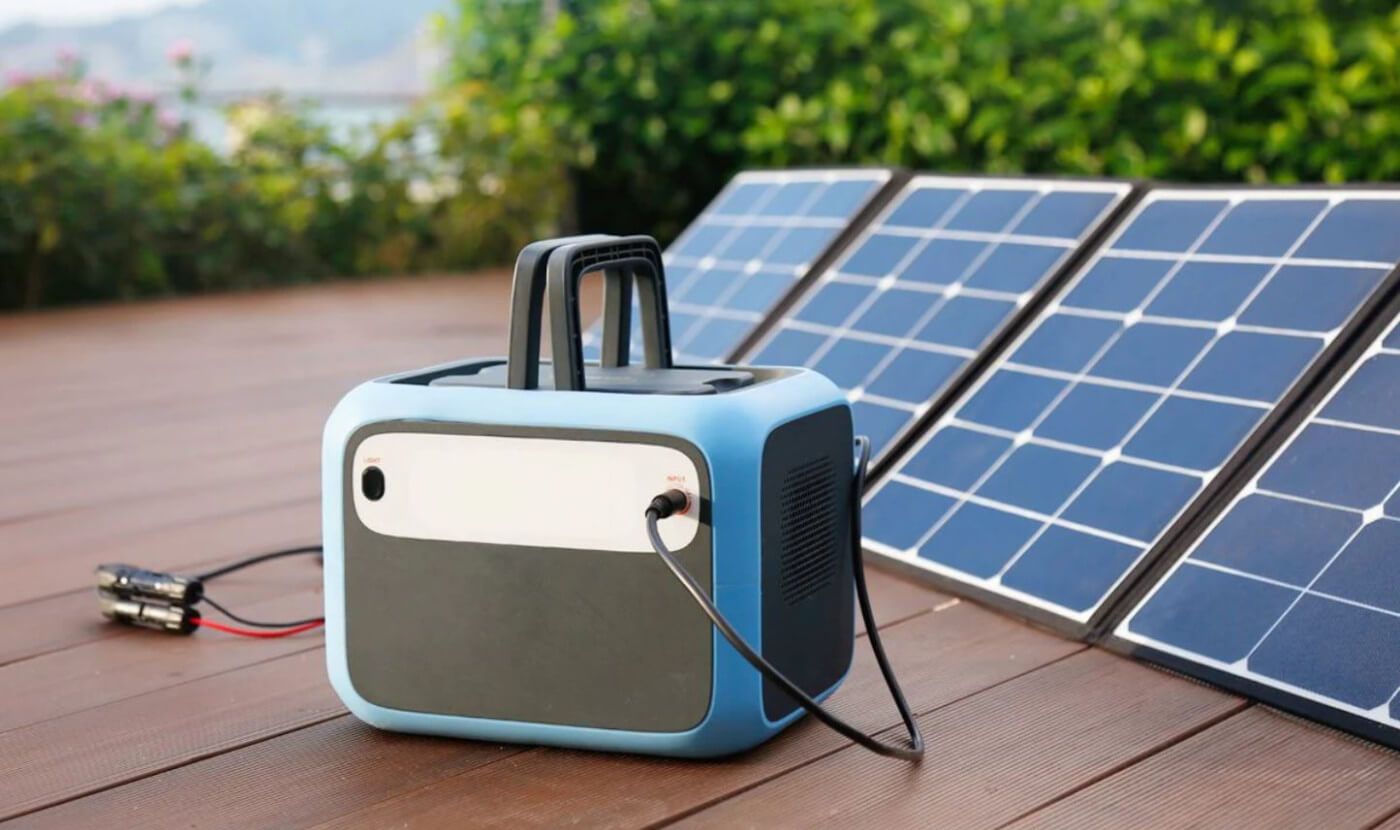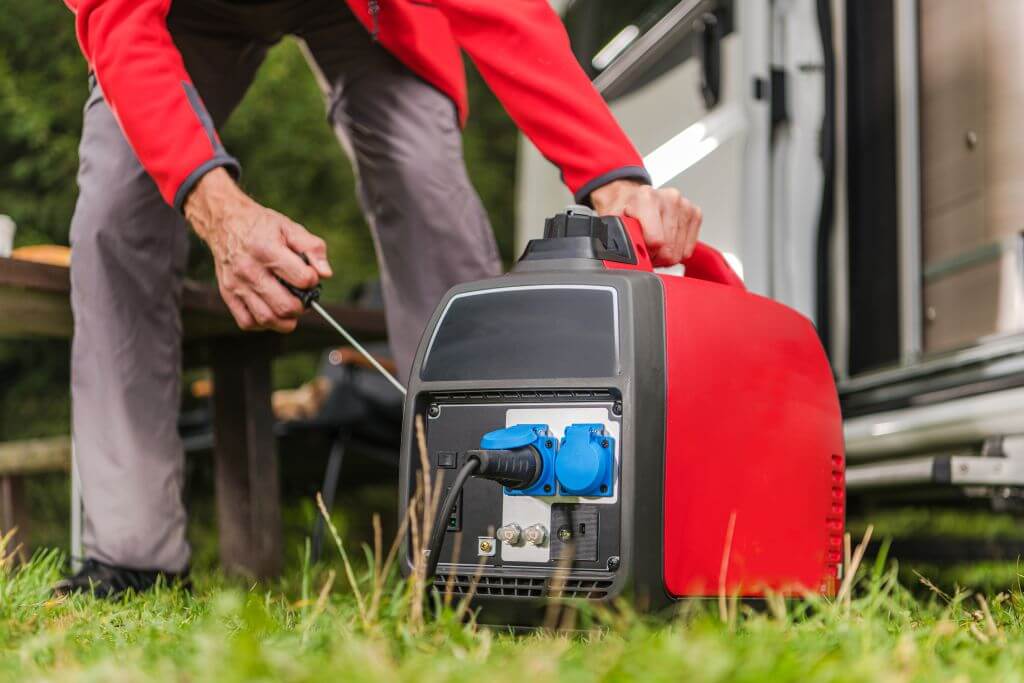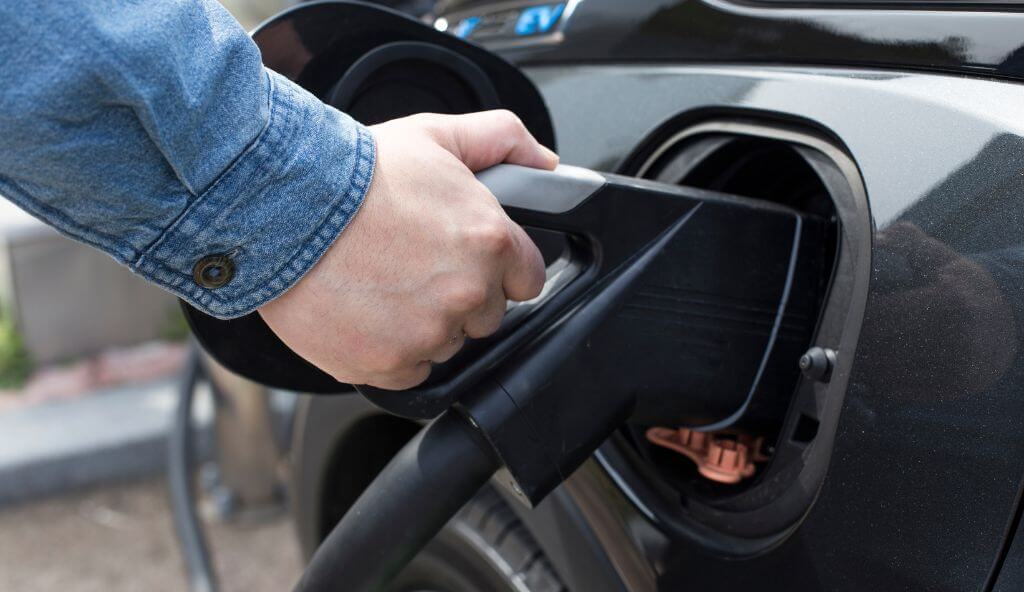Solar powered home generators are a type of renewable energy generator that runs on solar power. They generate electricity from solar rays and can be used with or without the grid. What is the difference between these generators and other types of renewable energy generators?
Solar powered home generators are one of the cleanest and least costly methods for generating electricity. They do not pollute the environment (although their use may result in CO2 emissions). Solar is a renewable resource that will never run out, unlike oil. Whether you're using asolar powered home generator or not, your household will be contributing to the growth of the clean energy economy.
Many homeowners are interested in purchasing entire home battery backup systems to protect their power in case of an emergency.
When there is a power loss, a solar backup system starts to supply emergency power. Backup systems can power all the appliances in the house (whole home backup) or just a few key ones (partial home backup). Which is better for your needs partial backup and whole home battery backup? To assist you in making a thoughtful choice, we have broken out the distinctions between full home solar backup power and partial home backup in this post.
What exactly is asolar power generator for a home?
Asolar power generator for a home is a system that combines photovoltaic (PV) panels, batteries, and an inverter to provide clean electricity for homes without access to public utilities. These systems may be grid-tied or stand-alone.
The energy from the sun is collected by solar panels on a portable solar generator, which then stores it in a battery for later use. The majority of solar generators are employed for boating, RV camping, and emergency backup power in the event of a grid power loss.
How do solar power plants operate?
Four main parts make up solar generators and make them work:
-
portable solar power systems
-
a controller for solar charge
-
a solar cell
-
a switcher
What are the pros and cons ofsolar powered generators for home?
Advantages ofsolar-powered home generators
#1) Solar power generators for homes are cost-effective
The cost of solar power is on par with grid power. As technology has improved, so have the prices of grid-tied systems. For example, a 10kW hybrid system is approximately the same price as a grid-tied solar generator with a comparable output of 10kW.
#2) Solar-powered generators are environmentally friendly
Solar-powered generators for home systems can be installed in and around your home, essentially creating your own photovoltaic farm. You can even place them on rooftops, enabling you to generate as much electricity as you need without harming the environment or your neighbors' property.
#3) A solar generator for your home is a reliable energy supply
Solar power generators are self-contained and will power your entire home through the day, at night, and on cloudy days. Whether you're using grid-tied or stand-alone systems, you'll always have clean, clean energy when you need it.
#4) Solar generators for homes are future-ready
With each passing year, we are becoming more dependent on technology to make things work. All technologies can eventually break down (computers, cell phones, etc), however, solar power is an endless resource that has been around since early civilization. After all these thousands of years of use, there has never been a shortage of sunlight (or silicon).
Disadvantages of solar generators for home
#1) Solar power generators are expensive
Depending on the system, it could cost over $20,000 to set up a complete solar system with panels and batteries. Plus, the power generated is only as good as the system's batteries and solar cells; they need to be replaced after 10 or 20 years. Additionally, there is a large upfront cost for installation. Some companies might provide you with a loan in order to help you pay these costs and a monthly payment that generates from your electric bill once the system is operating.
#2) Solar power generators for homes might require a lot of space
Solar panels generate the most energy when they are perpendicular to the sun, in other words, facing directly toward it. Many solar generators are situated on rooftops or mounted on the ground. As a result, they may not be able to capture enough energy to completely power your home or business.
Before purchasing anysolar-powered home generator for your home or business, you should know how much power your appliances use and whether you have enough space to install the generator. Consult an electrician and an engineer before installing a solar generator for backup power in case it will exceed the capacity of your wiring or equipment.
#3) Solar power generators may be too expensive for some homeowners
As mentioned earlier, the cost of a solar generator is on par with average grid-tied solar systems. Many people find it difficult to justify an upfront cost that is on par with a brand-new car when they can purchase electricity from their utility for much less.
If you are in the market for solar panels or solar power generators, you should know what questions to ask before making a final decision.
What are the best applications for solar power plants?
The best applications forsolar powered home generators are device charging and small appliance operation. They are portable, clean, and don't require you to keep a lot of fuel on hand, making them a fantastic source of backup power for a boating or RV camping trip.
In an emergency, solar generators can power a few important appliances in your home. However, no portable generator can actually provide all of your home's power needs while off the grid. The following are the most recommended applications for solar power generators:
Apps for Pocket-Sized Appliance Operation
To charge your cell phones, PDAs, and other small-sized appliances overnight (without using electricity from the grid), a solar generator can provide the necessary power. It will allow you to charge all devices without the need to run up a big bill. This can happen overnight or during times when the grid is down. Just be sure to charge your devices once every couple of days!
Apps for Backup Power for Small Businesses and RVs
While grid-tied solar systems are a large investment upfront, they provide great value to large businesses and small businesses that want a clean source of energy. They also provide a great source of backup power for RVs. For example, if there's a grid power outage at camp, you can use the solar generator to keep the refrigerator and lights on so you can continue sleeping in your RV.
Apps for Large Appliance Operation
While portable solar generators might not be able to power all your appliances, they are great for powering big appliances like air conditioners and electric stoves. They can also run your furnace or water heater overnight when the grid goes down (just be sure to draw electricity from the grid during peak daytime hours).
How does a solar generator work?
Asolar powered home generator is a portable power source that collects, stores, and disperses the electricity produced by solar energy. As mentioned earlier, solar generators provide a clean source of energy, produce zero carbon emissions, and reduce your home's overall energy costs.
The following components are used in a solar generator for homes:
-
Solar Panels - these are photovoltaic panels that convert sunlight into electricity. They may or may not have inverters attached to them depending on the type of system you choose. Inverters are important because they change the direct current produced by the solar panels into alternating current suitable for running appliances and electronic equipment. Solar panels can be placed on the ground outdoors or mounted on rooftops and structures to capture as much sunlight as possible in order to increase power output.
-
Batteries - these are devices used to store energy and are available in a variety of sizes, from car battery sizes up to large units that can provide power for an entire home. The larger the battery, the longer it will last when there is no solar input.
-
Inverters - these allow you to use the stored solar energy and convert it into alternating current that can be used by appliances. There are a variety of inverters on the market, each with a specific purpose, including backup power inverters, solar panels inverters, and portable solar power panels inverters.
-
Amp - This is the measuring unit used to express the amount of electricity or current that passes through a given circuit or pathway. In general, amps represent the amount of power output (measured in watts) per second that is produced by an electrical device or system. The amp is one of the most important measurements when you are dealing with installing solar generators for home use.
-
Battery Charger - This is a device that increases the amount of electricity stored in the batteries. Some battery chargers can charge a battery in just hours or minutes while others are designed to be ready when you need power. Expect your battery charger to have a list of instructions with them (or download one online).
-
Charge Controller - A charge controller is another important component that ties together all the other parts of your solar generator for home use. They are used to draw electricity from solar panels, batteries, and inverters and prevent the devices from overcharging during a power outage. They may monitor and regulate how much energy is being produced by the solar panels, inverter, and batteries by regulating their charging output. A charge controller has 4 wires that connect to the components of your system: Black and red are for solar power input, and green and yellow are for battery charging. Your charge controller may also have a small visual display that shows you the battery state of charge, the water level in the electrolyte, or other vital information.
-
Solar Control Box - These are usually located near the inverter box on your solar generator. The solar control box is used to control all parts of the installation and will provide programs that allow you to set up different shutdowns, in addition to helping you bypass certain devices when needed. How much power does a solar generator for homes produce?
Solar-powered home generators produce enough energy to power the following appliances and devices:
Furnace blower Motors Hot water heater AC units, fans Refrigerators, freezers Cell phones, laptops, PDA's Lamps Refrigeration compressors Clothes dryers Batteries TVs and DVD players Small refrigerators Electric stoves Blenders Washers and dryers Electric blankets Irons and other small appliances Video games Stereos (with speakers) Portable generators Radios Pool pumps Heaters 1/3 to 1/2 of your home's power needs
Things you should know about using a home solar powered generator:
-
Since solar generators are portable by nature, they should be taken outside once a month to ensure that the battery terminals do not corrode.
-
The inverter is the component of a solar generator that changes direct current (DC) into alternating current (AC). So if you have a 12VDC inverter and you plug in an appliance that uses 120AC, you will only receive the power from half of the appliance. That's why it's important to include both AC and DC appliances in your solar generator for homes.
-
Be sure to regularly check all your wiring work for corrosion and other damage. Wires should not be touching each other when they are connected to components, as this can cause corrosion and may even cause fires. Be sure any exposed wires are insulated.
-
Be sure to periodically check the battery terminals for corrosion and other damage. Some batteries are not coated with an insulating material that prevents direct contact, so if you connect them directly to your solar generator, you can corrode the terminal and cause a short.
-
Regularly check the condition of your solar panels for any signs of damage or corrosion. If they look to be badly damaged, have them replaced immediately before they can come in contact with anything else and cause a short or overheating.
-
Be sure that all exposed wiring is well insulated to prevent any shorts or sparks. There are several different inverters available for purchase today. Depending on your specific needs, you may want to get a smaller system that only has two or three devices (a television, a small refrigerator, and maybe a few lights) or you may want to get an inverter with the ability to handle many different devices. A portable solar generator should have enough amps to handle the appliances that you plan on using.
Conclusion:Using asolar generator for homes can reduce your energy bills, protect you in case of a power outage, and provide an alternative energy source when it comes to camping. Solar generators are also an excellent investment if you want to gain energy independence and live off the grid. They are easy to use and maintain and can provide you with a clean and affordable means of heating your home or operating your appliances.
The technology has come a long way since NiCad batteries were the standard in the late 80s. With advances in Lithium-Ion batteries, solar generators for homes have become much more reliable and efficient to operate.








